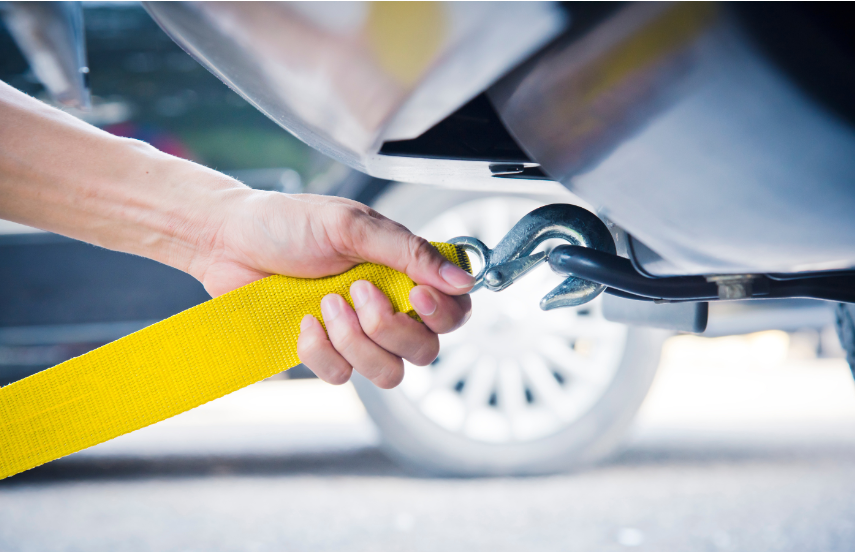Having your vehicle repossessed can cause you stress and overwhelm. You have legal options, even if it was due to a misunderstanding or missed payments. Understanding California Car repossession Laws will help you decide what to do after your vehicle is repossessed. It may be possible to retrieve the car or mitigate the financial impact. The article below will help you understand the steps to take if your California car has been repossessed.
- Why Your Vehicle Was Repossessed?
California allows a lender to repossess your vehicle without notice if there is a default on the lease or loan agreement. This is usually due to missing payments. However, it could also be due to failing to maintain insurance and violating contract terms.
Agents who take back vehicles can do so from any public area or driveway. However, they are prohibited from using force or threats. They also cannot break into locked garages or damage the owner’s property.
If you are not sure why your vehicle has been repossessed, review your loan agreement. Confirm you were really in default. Additionally, gather any payment history that may help clarify the issue.
- Request A Notice Of Intent To Sell
California law obliges your lender to give you a “Notice of Intent to Sale” (also called the post-repossession note) within a reasonable time after the repossession. This notice must be received within a specified period after the repossession.
- Repossessions are often a result of several reasons
- You can redeem your vehicle or return it to the lender.
- The total amount owed
- When and where is the auction or vehicle sale?
It is important to read this notice. This notice may be important.
- Redeem Or Reinstate The Vehicle
California law allows, in most cases, for you to reinstate a loan. That is, you will pay all the fees, including late fees and repossession charges to regain your car, as well as continue to make payments.
You can also return the vehicle to the lender by paying all the outstanding loan balance and any additional costs. You typically have 15 calendar days after receiving the post-repossession notice to reinstate or redeem your vehicle, although some lenders may provide a longer period.
Do not delay. Delay can result in your vehicle being sold. This will limit your options.
- Find Out What Happens To Your Vehicle If You Sell It
If you don’t redeem or reinstate the vehicle, your lender will be able to sell it either at a public or private auction. They must conduct the sale in a commercially reasonable manner and provide you with notice of the location and time of the sale.
If the sale of the car does not cover your loan, you will still be responsible for any deficiency balance – the difference between what you borrowed and what the vehicle sold for, plus fees.
You could sue for damages; however, if you believe that the lender broke any California repossession laws, such as by not giving the required notices.
- Check Your Credit Report
Car repossession in California has a major impact on credit scores. Check your credit report for any errors that the lender may have made. Any mistakes, such as inaccurate dates or erroneous assertions regarding the amount owed, may be contested with the credit agencies.
The process of rebuilding your credit after repossession can be lengthy, but early detection of reporting errors will help to minimize any long-term damage.
- Speak With A Consumer Rights Lawyer
You should consult an attorney for California consumer protection if the repossession you experienced was unjustified or if there were any violations of your rights. Some common legal problems include:
- Repossession without proper default
- No post-repossession Notice
- Breach of peace or illegal entry
- Selling the car under market value
- Collecting an illegal deficiency
An attorney can fight for you against a wrongful repossession or recover damages. They can also negotiate with your lender.
Conclusion
It’s essential to recognize that a California repossession of a vehicle is a significant issue, but not the outcome. Understanding your legal rights and acting promptly may help you recover your car, or at the very least, minimize any financial losses. Do not hesitate to consult a lawyer if you need assistance. Knowing the right legal steps can protect your financial future and give you the confidence you need as you move forward.









